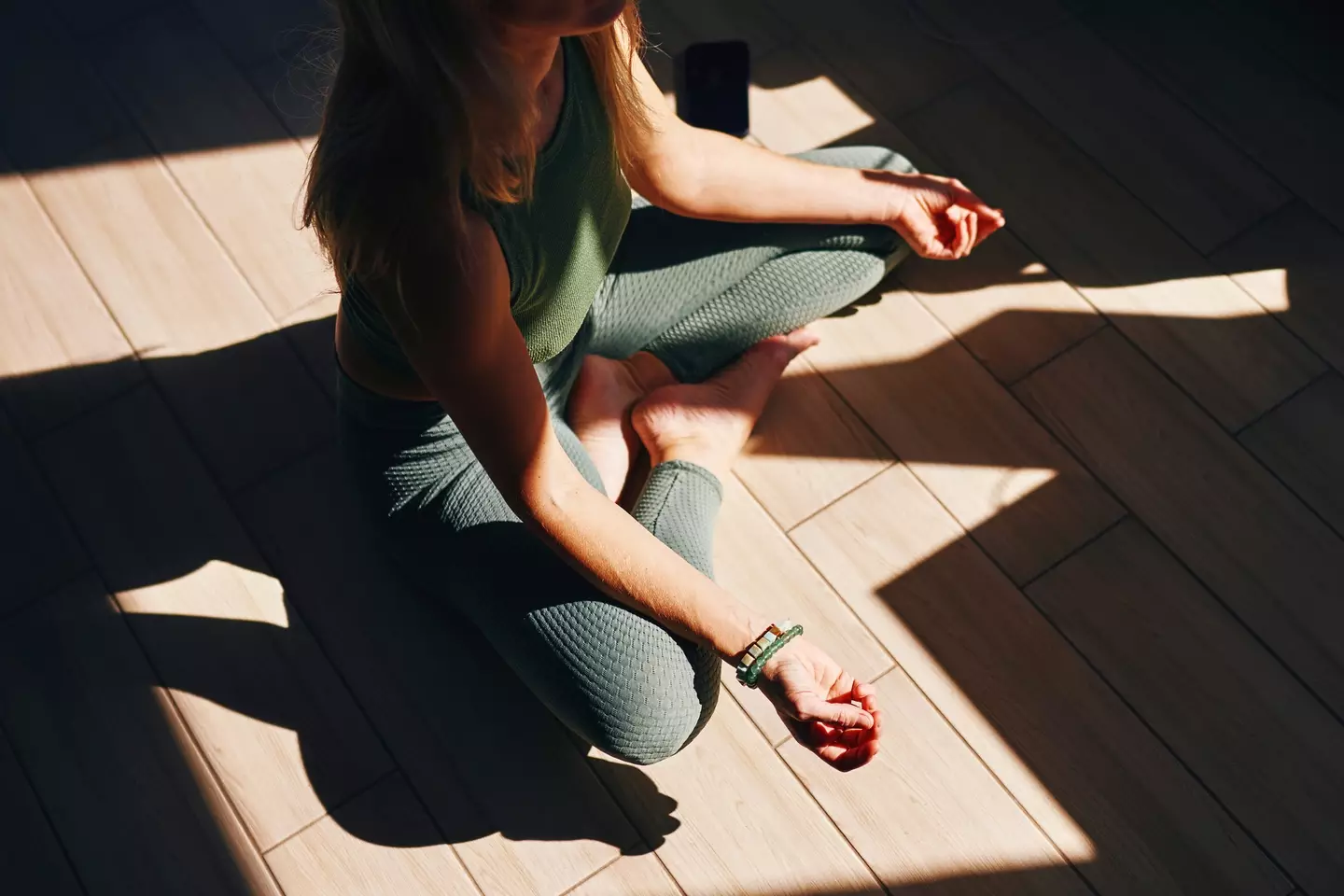
A neurosurgeon has revealed the three things he does every day to avoid one of the 'greatest threats to human longevity'.
While life expectancy in the US has marginally increased to 78.4 years more recently, this still trails behind life expectancy rates in comparable countries like the UK, parts of Europe, Canada and Australia, which boast an average of 80.3 years.
Living a long, healthy life is clearly important for all of us - and according to a neurosurgeon, it all comes down to reducing inflammation and stimulating what's called the vagus nerve.
Doctor Kevin Tracey, a neurosurgeon, inflammation researcher, and the president and CEO of the Feinstein Institute for Medical Research says inflammation has 'replaced infection as the greatest threat to healthful human longevity' as per his new book, The Great Nerve: The New Science of the Vagus Nerve and How to Harness Its Healing Reflexes.
Advert

Inflammation has a strong link to conditions like cancer, heart disease, diabetes and autoimmune diseases, which the doctor describes as 'diseases of inflammation,' Business Insider reports.
So what is the vagus nerve and how can it help our nervous system?
What is the vagus nerve?
According to the Cleveland Clinic, the vagus nerve carries signals between the brain, heart and digestive system, forming a key part of the parasympathetic nervous system, and stimulating it can treat issues from epilepsy to depression and gastroparesis (which is when food doesn't move in the intestines).
The nerve is made up of 200,000 nerve fibers from the brainstem, running through the body, organs and the gut.
Now, neurosurgeons say activating it can also serve as a type of therapy for inflammatory conditions, including rheumatoid arthritis, with Dr Tracey and his team becoming the first to discover this link back in 1998.

Using mice and a handheld device, the Feinstein Institute found stimulating the nerve reduced inflammation in the mice's blood by a whopping 75 percent - and there's ways we can activate it in our human bodies and from home, too.
While Dr Tracey admits researchers can't say 'for certain' how it all works, he's incorporated three things into his routine which he believes can help prevent such chronic diseases.
Exercise for 30 minutes
Keeping fit is obviously good for our bodies and overall health in a myriad of ways, and it doesn't have to be strenuous to ward off nasty diseases or reduce that pesky threat of inflammation.

Doctor Tracey says he works out between 30 to 45 minutes around five times a week with a hearty mix of cardio, weight training, yoga and stretching.
"Strength training preserves muscle mass, improves metabolic function, and prevents injuries. Aerobic exercise, such as walking, cycling, or swimming, enhances cardiovascular health and endurance," he explained.
Cold showers
A nice hot shower might feel soothing, but flipping it to the cold side could help soothe our nervous system instead. The doctor says he turns his water temperature to cold for around two to three minutes right at the end of his shower.
He says he does this because cold exposure has been known to trigger the body's so-called 'fight-or-flight' response, with some evidence supporting his theory that it can suppress inflammation.

Doctor Tracey said studies show after the initial shock of the cold, which ramps up the heart beat, the cold eventually activates the parasympathetic nervous system which in turn actually slows down breathing and brings the heart rate back down.
According to UCLA Health, cold therapy can also boost immunity to common colds, relieve pain, combat symptoms of depression, increase metabolism and improve circulation.
The site also says it can reduce inflammation and prevent muscle soreness, explaining that cold temperatures make the blood vessels tighten up and move to the body's vital organs, making it become oxygen-and nutrient-rich in the process.
When we heat back up, the blood flows back as normal and can 'flush out' inflammation and delayed muscle soreness brought on by things like exercise.
However, Dr Tracey warns its role in battling inflammation remains unclear.

Meditate
Finally, the doctor says he meditates every day for at least 10 minutes - usually in the morning.
While further study in the correlation between meditation and reducing inflammation is needed, Tracey said, there have been some studies that support the theory.
In 2022, a trial involving almost 5,000 people revealed those who practised mindfulness like meditation had fewer inflammatory biomarkers in their blood compared to those who didn't.
The doctor said it's worth giving it a shot as meditation could increase vagus nerve activity and has personally helped him to be more present and less stressed.